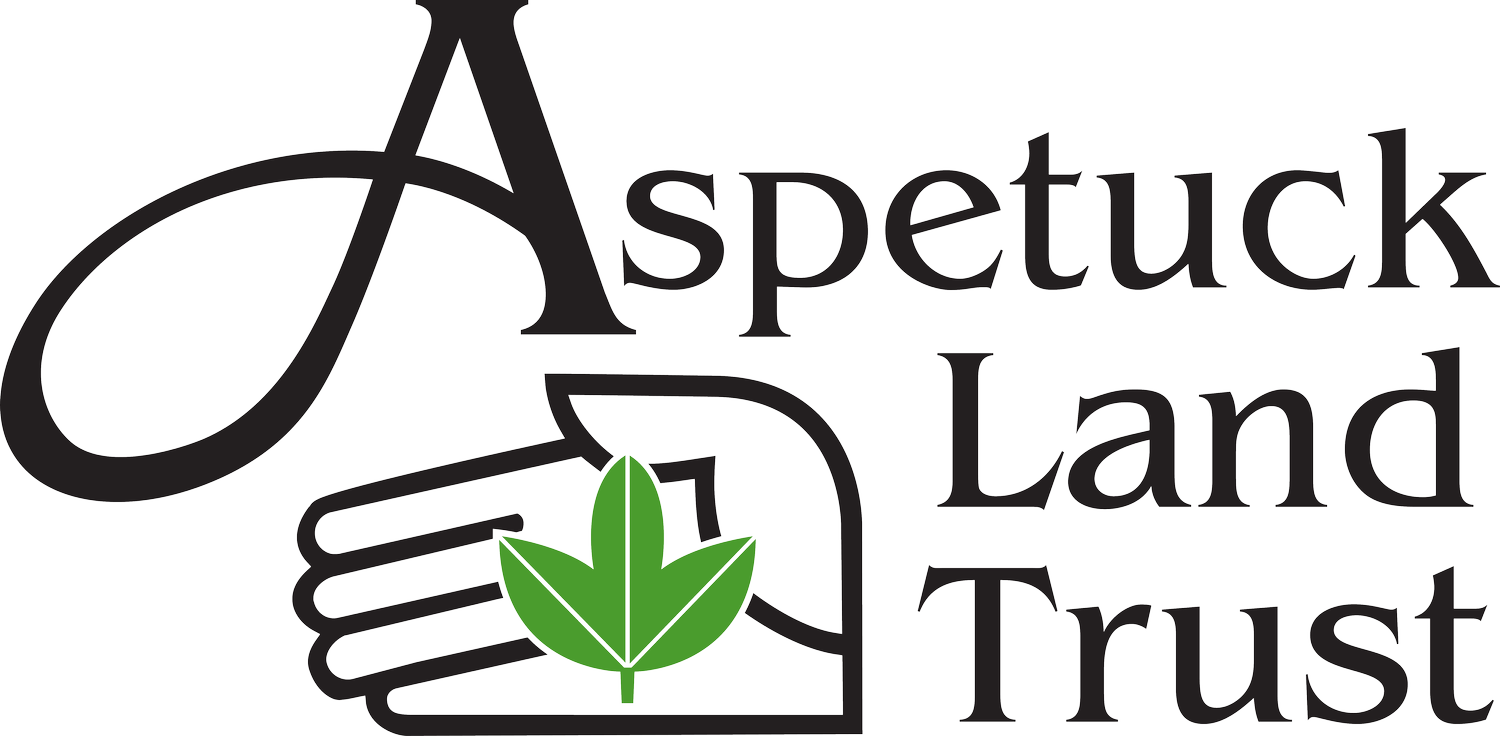Bridgeport: Building Bridges
Aspetuck Land Trust strives to connect everyone to the natural world. So what is it like for people in Bridgeport, the most densely populated city in the state, with the least amount of tree cover in the state, lots of concrete, empty lots and no easy way to get to green spaces? We wanted to conduct some qualitative interviews, or focus groups, with residents to see what they had to say.
Little interaction with green spaces was a common theme across all participants of our study. Barriers include accessibility, safety concerns (because undeveloped spaces are associated with drugs and violence not for the positive qualities of nature), and limited infrastructure (i.e. no places to sit or things to do). I believe because many were not raised with nature (no hiking, fishing, birdwatching, etc) that they want to know and understand what they can do outside. They also want to engage in a group, and not do things alone. A focus on family is a big theme and time spent eating, playing games, and just being together is of great interest. Also as the data suggests, many suffer from asthma or know someone who does. They mention lots of noise, construction, and busy roads which keep them from feeling relaxed outside.
Based on these results and the continuing conversations our Conservation Outreach Manager, Reggy St. Fortcolin, has with Bridgeport residents, organizations, and other stakeholders, we know that our Building Bridges Outreach Program is on the right track. For the past two years, we have engaged over 600 people in Bridgeport in nature-based hikes, workshops, and activities. In 2023 alone we coordinated 25 different events with various groups, organizations, and partners across the city. These activities included beekeeping, birdwatching, blueberry picking, seed sowing, nature hikes, and wellness focused events such as our awe walk and mindfulness hikes. We met some owls, caught and released some fish, planted Miyawaki forests and pollinator gardens, and together engaged in the natural world around us in every way possible. For 2024, not only will we continue to provide these nature-based experiences for Bridgeport but we will continue to build and develop relationships and partnerships around the city and look for every opportunity, like the Miyawaki Forest and Buffers for Bridgeport projects, to improve the environment for our Bridgeport neighbors and community.
In 2024 we received the Excellence in Community Engagement Award for our work in Bridgeport from the Connecticut Land Conservation Council.
Current Projects
Bridgeport Miyawaki Forest Project
2023 - 1,350 native trees, plants, and shrubs planted at 3 Bridgeport schools
2024 - 1,784 native trees, plants, and shrubs to be planted at 4 Bridgeport schools
Buffers for Bridgeport Project
2024 - 30 native buffer gardens with 1,314 native plants to be planted at Bridgeport residences, businesses, and organizations around the city
Ash Creek in Bridgeport, CT is a tidal estuary. It has crucial roles as a delicate environment for the maintenance of bird, fish, and plant life, and for aesthetic enjoyment for the people who live, work, and play around it. Ash Creek tidal estuary is the heart of Bridgeport’s park of St Mary’s-by-the-Sea.
Before she could plant her tree at Claytor Elementary School's Miyawaki Forest, the worm she found needed a name. "Her name is Kylie, like me".
Bridgeport Miyawaki Forest Project
Tiny Forests for Bridgeport, Big Impact
Aspetuck Land Trust received funding from the CT Department of Agriculture to bring the forest to Bridgeport. With this grant we are installing Miyawaki microforests at seven public schools. Three schools received their very own Miyawaki forests in the Fall of 2023.
With this pilot project of a Climate Smart forestry practice, we hope to demonstrate that these densely planted microforests, a practice developed by Japanese botanist Dr. Akira Miyawaki 50 years ago to heal industrial and urban landscapes, will grow rapidly and provide increased carbon sequestration, stormwater capture and heat amelioration. These forests will also increase biodiversity providing food and shelter for wildlife all of which will be measured as part of this grant.
Our favorite part of bringing the forest to Bridgeport has been engaging students. These eager future environmentalists helped plant the forests and were also provided fun classroom instruction to learn all about the multiple benefits trees and plants provide to create a healthy environment. Dirty hands and happy hearts were abundant and a great time was had by all!
In 2024, we will plant four more Miyawaki forests at four more Bridgeport schools and we can’t wait.
Blackham Elementary students and staff with Bridgeport Superintendent of Schools Dr. Carmela M. Levy-David celebrating the Miyawaki forest planting.
Buffers for Bridgeport Project
Aspetuck Land Trust also received funding from Long Island Sound Futures Fund for Buffers for Bridgeport, a program designed to engage the Bridgeport Community in the health of Long Island Sound and the community by planting garden buffers across the city to help with flooding and to capture and filter stormwater before it goes into the waterways headed to the LI Sound.
We are also offering free buffers to qualified residences and businesses in proximity to waterways flowing to LI Sound. This project will add 6,300 square feet of green infrastructure and over 1,950 native trees, plants, and shrubs to the urban landscape.







